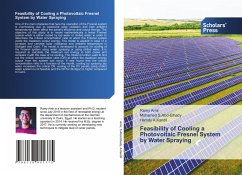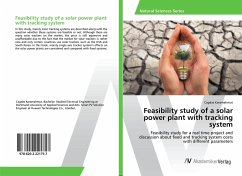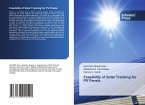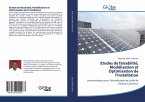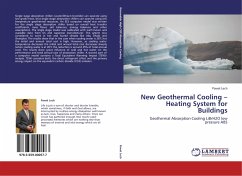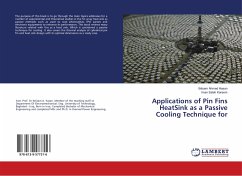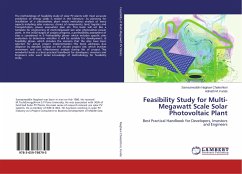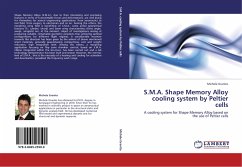One of the main obstacles that face the operation of the Fresnel system is overheating due to excessive solar radiation and high ambient temperatures which affect the panel's efficiency and output energy. The objective of this study is to model mathematically a linear Fresnel system which is either cooled by tap water or chilled water, in order to determine the critical concentration ratio at which the Fresnel system yields the maximum output energy. The model is applied in case of a constant and variable solar irradiance and ambient temperature in Stuttgart and Cairo. The model is developed to account for cooling of the Fresnel system using water spraying or using chilled water. It is required to calculate the maximum net energy in both cases and compare it with the case of no cooling. The model is further used to find out the critical concentration ratio (CR) at which the maximum energy output from the system can occur. It was found that the critical concentration ratio is a function of the month, cooling by spraying tap water increases the critical CR, cooling of the PV panels using chilled water system is not feasible and the CR for Stuttgart is higher compared to Cairo.

